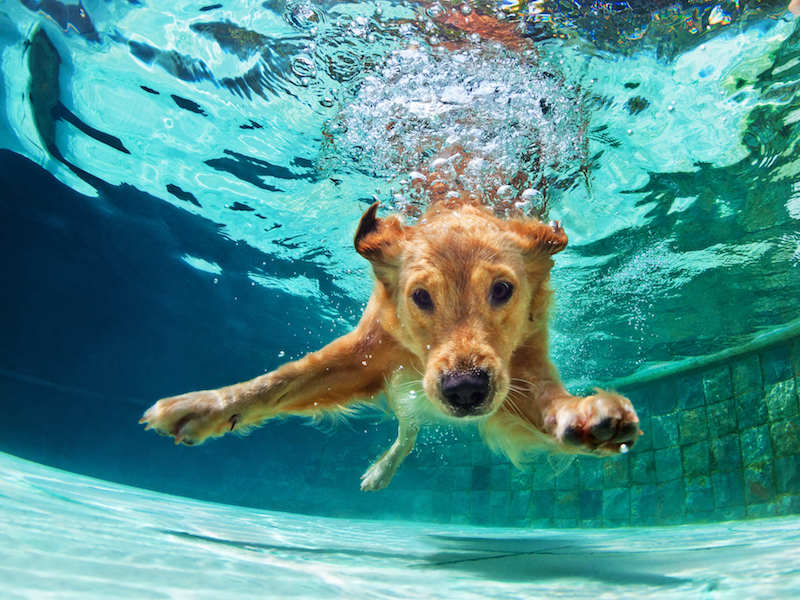There are many factors which can affect the circuitry of your hearing aids. In fact, you could call moisture kryptonite for hearing aids. Taking that into consideration, humidity is a big problem.
Irreversible damage is done by invisible moisture. It’s important to educate yourself about why humidity harms hearing aids.
Let’s Talk About Humidity
Humidity is a word that gets talked about a lot, especially during the summer months, but what is humidity? PBS defines humidity as water molecules in the air. The relative humidity refers to the ratio of water molecules in the air compared to how many the air can actually hold. The larger the percentage, the wetter everything feels.
Humans cool down their body by sweating so that makes us very sensitive to humidity. When you sweat it evaporates into the air, but that doesn’t happen as quickly when the humidity level is high. Moisture and electronics don’t mix well and that includes hearing aids.
In General Electronic Devices Have a Hard Time Dealing With Humidity
Too high or, too low, humidity can affect your hearing aids. When water vapor percentages are high condensation can accumulate on the delicate mechanisms that make electronics work, and low humidity can result in brittle core materials.
Hearing aids depend heavily on internal electronics to function. Newer digital hearing aids use a sophisticated audio processing chip to manage noise. Because of this, you get amazing features like:
- Noise reduction
- Anti-feedback
- Targeted listening programs
- Digital sound streaming
Moisture can collect within the hearing aid when humidity is high and damage that component. Batteries get ruined and you get corrosion of elements inside of the case. You might as well drop your hearing aid in a tub full of water, and the effect is the same.
How to Control Humidity
If you are looking at hearing aids, try to find products that are water-resistant. This feature will give you some protection against humidity and bad weather, but you still can’t go swimming with them in.
When it’s very humid try to lessen indoor water vapor by using a dehumidifier. It’s not just your hearing aid that will benefit, there are health benefits, and other electronics in the home will also be protected. Dehumidifiers reduce the risk of mold, mildew and dust mites, so everyone breathes a little better, too. Although a house or room dehumidifier will help protect your hearing aids, it’s not enough. There are a few other things you can and should do.
Consider buying a dehumidifier designed especially for hearing aids. They come at all costs levels. Drying kits rely on silica gel crystals to protect the electronics. Moisture is eliminated by putting the hearing aids into the dehumidifier for a couple of hours. There are also storage containers that dry hearing aids out each night as you sleep. In a pinch, you could use a bag of uncooked rice to remove moisture.
Get in the habit of opening the battery compartment every time you store your hearing aids. By pulling that door open before you put the hearing aid down, you expose the batteries and other elements to the air, allowing any condensation built up to evaporate naturally. Do this all year round, not just in the summer months.
A cool dry place is the ideal for storage. Avoid putting them in the glove compartment, in a hot room or on a table in the sun.
Thinking Past Humidity
Air vapor is not the only moisture that can damage hearing aids. Don’t forget to think about other types of wetness like:
- Don’t touch your hearing aids with hands that are still moist from lotion.
- Leave your hearing aids in a safe place before you go swimming.
- When exercising wear a sweatband. It’s a good practice whether you wear your hearing aids when you workout or not. Sweat in your ears can cause problems later.
- Try not to put your hearing aid down on wet surfaces. You don’t want to place it in a wet spot left by a glass or coffee cup.
Treat your hearing like the valuable asset that it is. Keep in mind how moisture can damage your hearing aids and make sure to prevent water from getting in them. If your hearing aid already has water damage make an appointment for service with a hearing aid specialist.


